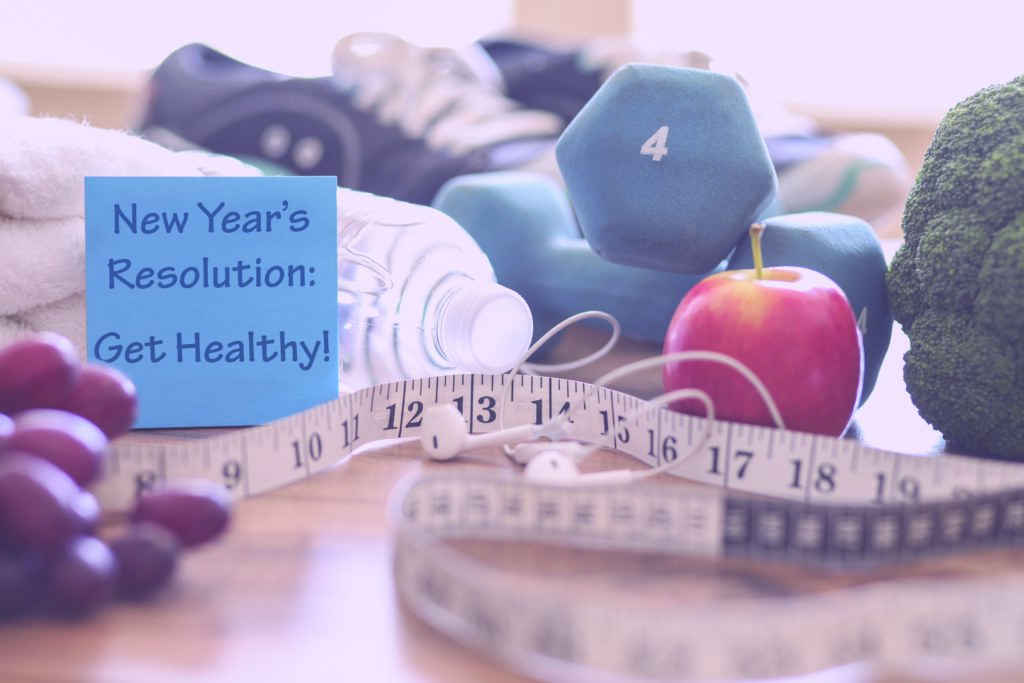1. Embrace a healthy diet with added protein.
A healthy diet after 40 can help ward off mood swings, lessen the severity of hot flashes, promote a good night’s sleep, and stave off weight gain. Try to consume lean proteins like chicken, fish, beans, tofu, egg whites, and Greek yogurt to help keep you fuller longer. Protein shakes are an easy way to add an extra boost to your diet, and they’re perfect for breakfast or an in-between-meal snack.
2. Don’t forget your B vitamins.
Want healthier hair, skin, and nails? B vitamins to the rescue! In addition to a healthy diet, B vitamins can help you look your best.
3. Invest in a good vaginal moisturizer.
If you’re experiencing menopause symptoms and haven’t invested in a vaginal moisturizer, now is the time. The vast majority of women in the throes of perimenopause and beyond, will have some level of vaginal dryness, but there’s no reason you should have to suffer. Look for one with hyaluronic acid to maintain your skin’s natural moisture barrier. It’s a good idea to keep a vaginal moisturizer with you at all times, so you can use it as often as you need relief from the itching, burning, dryness and general discomfort that vaginal dryness can bring.
4. Prioritize a good night’s sleep.
Sleep issues are often one of the first signs of perimenopause, and they can be among the most persistent. Whether you’re stressed, have night sweats, or just can’t seem to sleep through the night, you are most definitely not alone. To get a better night’s sleep in the new year, try these steps.
- Commit to a consistent bedtime and wake-up time. Yes, even on the weekends and your days off. Consistency is key for a good night’s sleep every night.
- Next, create a bedtime routine. This could mean a no-screens policy for an hour before you go to bed, reading a book, or anything else that helps you wind down and relax. If you regularly have trouble sleeping, a white noise playlist can work wonders.
- Finally, pay close attention to your sleep environment. If you suffer from night sweats, keep your bedroom as cool as you can to help keep your body temperature down. If your night sweats are severe, consider keeping a bucket of ice near your bed if you need to cool down quickly.
5. Banish stress.
Stress is a huge trigger of menopause symptoms like hot flashes. But it’s not like you can quit your job and take a sabbatical to the Maldives. Finding ways to manage your day-to-day stress will ultimately benefit your long-term health.
In addition to calming your brain and helping you relax, breathing exercises can help lessen the severity of hot flashes. WebMD recommends deep abdominal breathing for 15 minutes in the morning, in the evening, and when you feel a hot flash coming on. Check out this list of breathing exercises to find one that works best for you.
Meditation is another way to promote your emotional well-being and create a sense of calm. As with breathing exercises, you can meditate just about anywhere and you don’t need a whole lot of time to do it. From guided meditation to mantra meditation, there are many options. If you’re new to meditation and you’re not sure where to begin, try a guided meditation app.
Finally, yoga can be powerful for banishing stress. Eighty-five percent of people who practice says it helps relieve stress, among other things. Hatha yoga in particular is ideal for stress management and perfect for beginners, as it incorporates easier movements at a slower pace. There’s no need to buy a costly yoga membership. There are plenty of free online options that you can use in the comfort of your own home.
Live Your Resolutions Every Day
Self-care is way more than bubble baths and face masks. It’s making healthy choices every day. A new year is the perfect time to recommit yourself to your health, but go beyond that and use your New Year’s resolutions to empower you to live well 365 days of the year.
